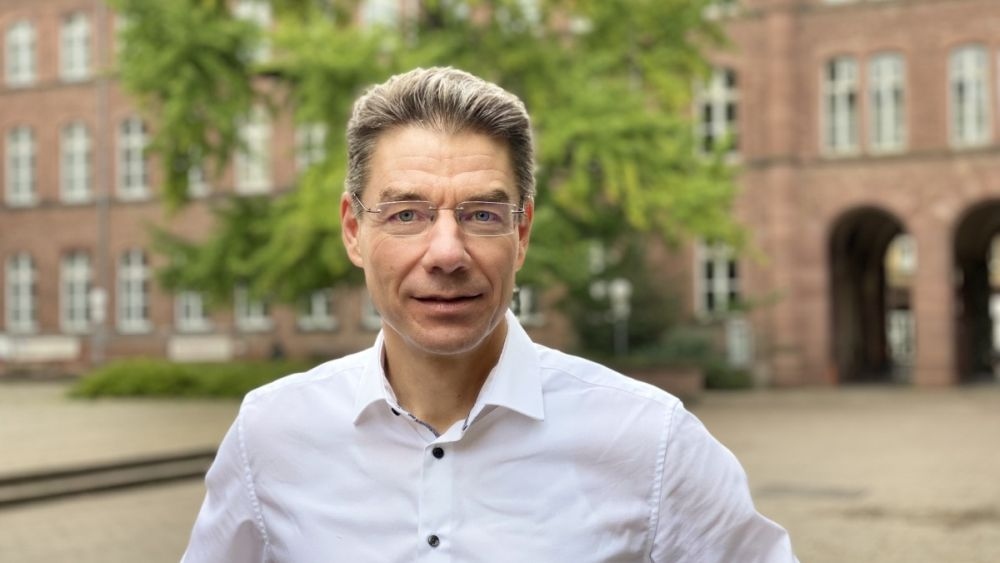
Der bisherige Leiter des Bereichs Informatik, Wirtschaft und Gesellschaft hat sein neues Amt zum 1. Juni angetreten
Mehr erfahren
KIT koordiniert internationale Initiative zur Erforschung nachhaltiger Rohstoffgewinnung aus Thermalwässern
Mehr erfahren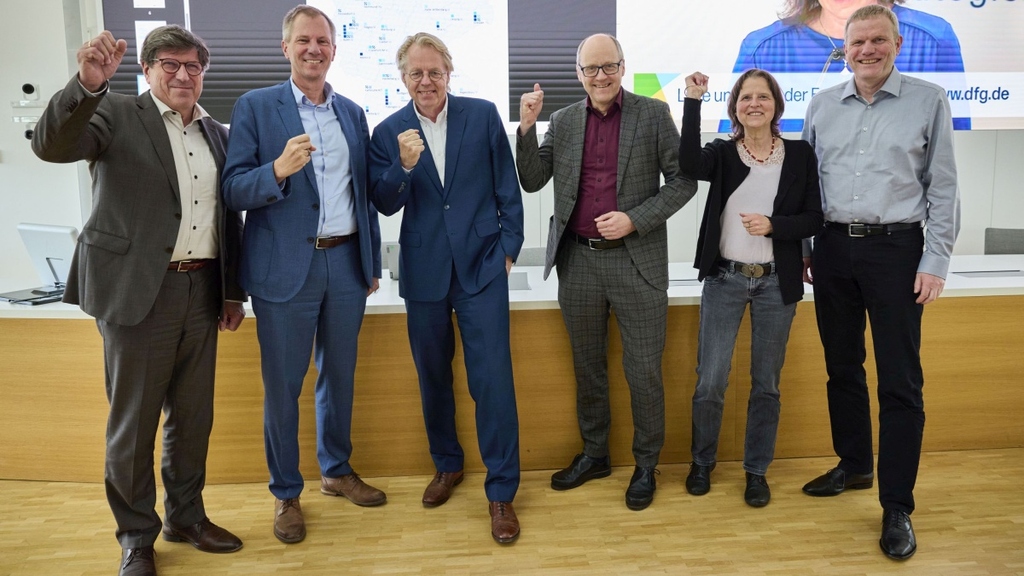
Förderung für Cluster zu Batterieforschung und 3D-Designermaterialien. Weg frei für die Erneuerung des Status als Exzellenzuniversität.
Mehr erfahren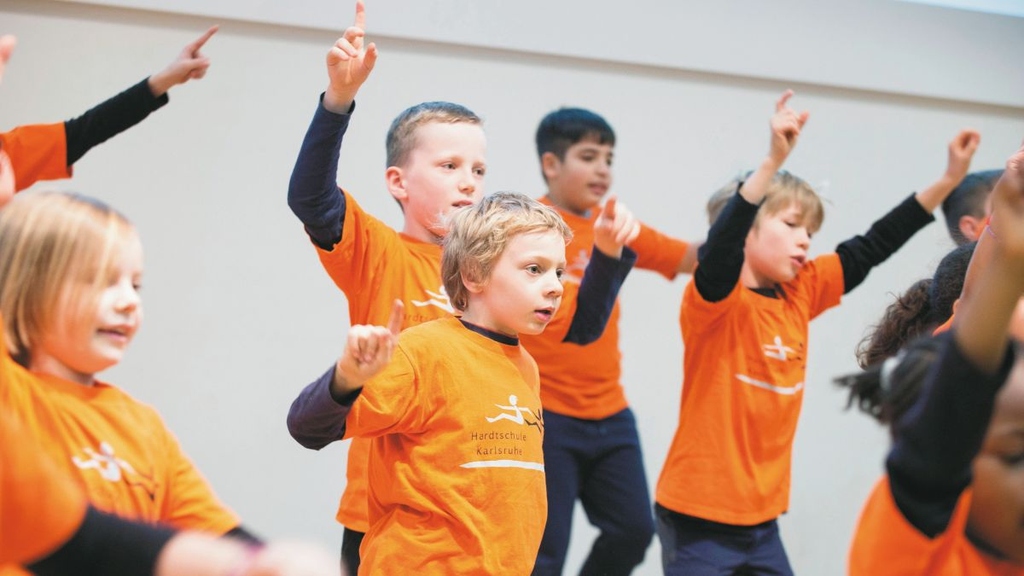
Das jährliche Monitoring von KIT und Kinderturnstiftung zeigt ein sich langsam erholendes Fitnessniveau mit Negativausschlägen bei Ausdauer und Gewicht
Mehr erfahren
KIT setzt sich für Vielfalt ein – Wissenschaft lebt von Austausch und Toleranz.
Mehr erfahren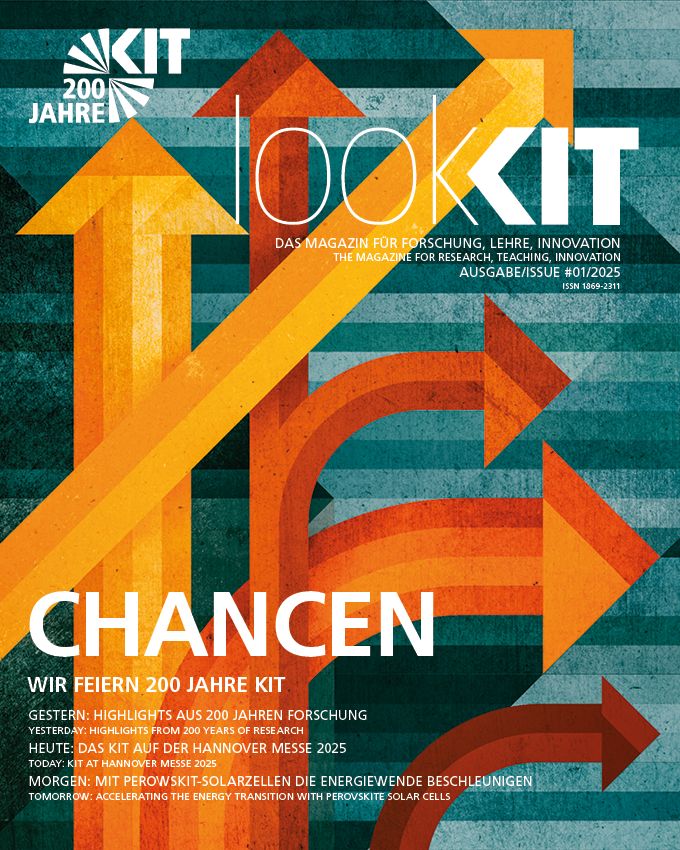
Die aktuelle Ausgabe von lookKIT über unzählige große und kleine Chancen.
Mehr erfahren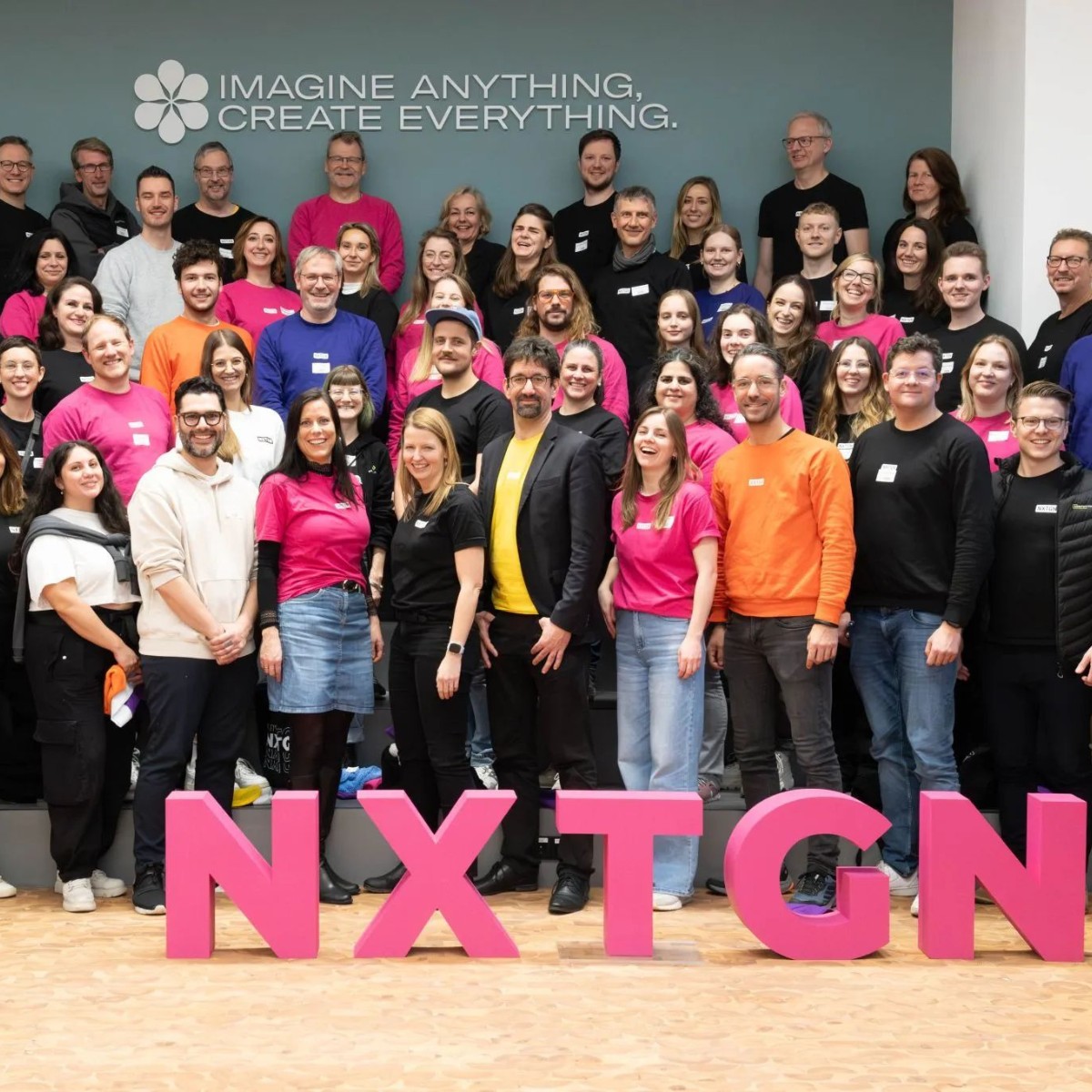
Wir bewerben uns beim Leuchtturmwettbewerb.
Mehr erfahren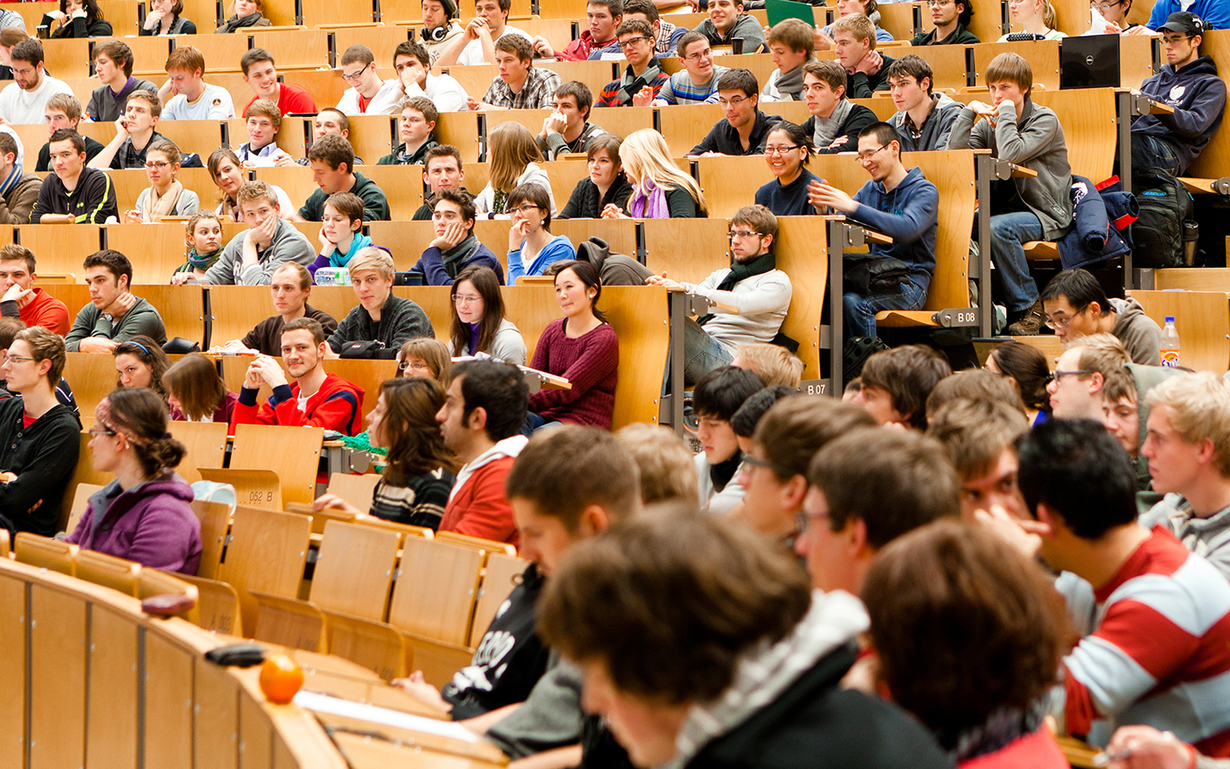
Über 100 Studiengänge in Natur- und Ingenieurwissenschaften, Wirtschaftswissenschaften, Geistes- und Sozialwissenschaften sowie im Lehramt.
Mehr erfahrenAls Exzellenzuniversität stärkt das KIT seine Spitzenforschung, pflegt den intensiven Dialog mit der Gesellschaft und bietet verlässliche Karrierewege.
Forschungsuniversität in der Helmholtz-Gemeinschaft
Das KIT verbindet als einzige deutsche Exzellenzuniversität lange universitäre Tradition mit nationaler Großforschung.



